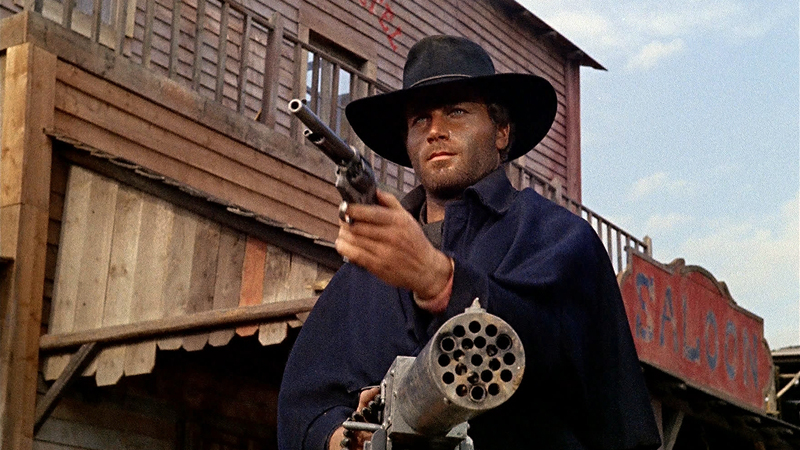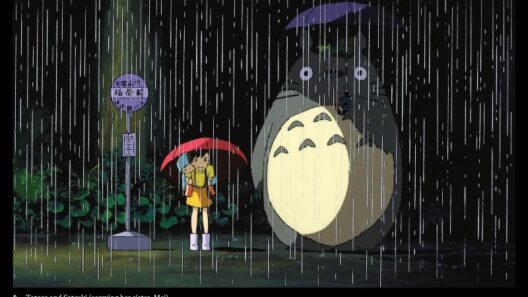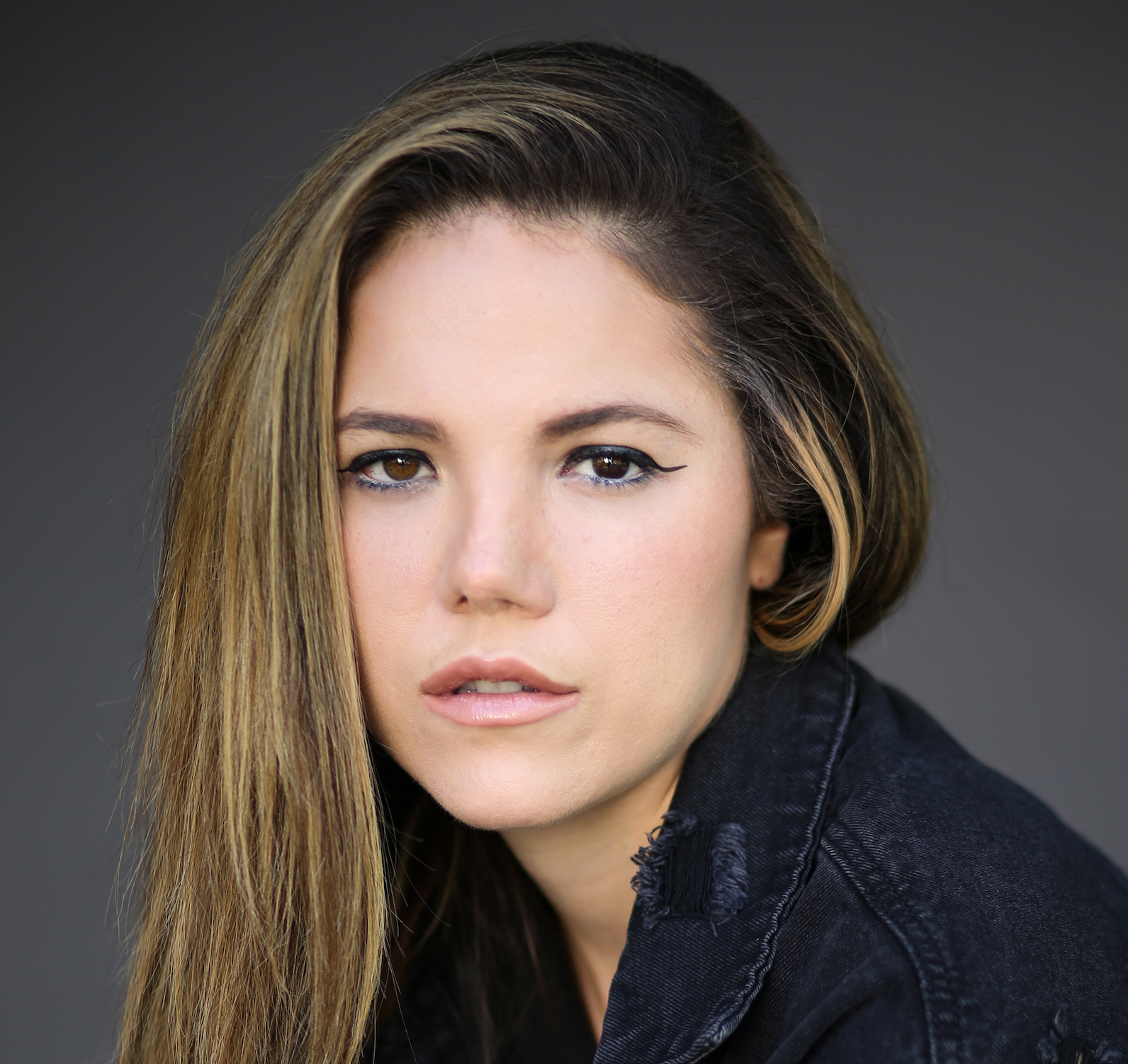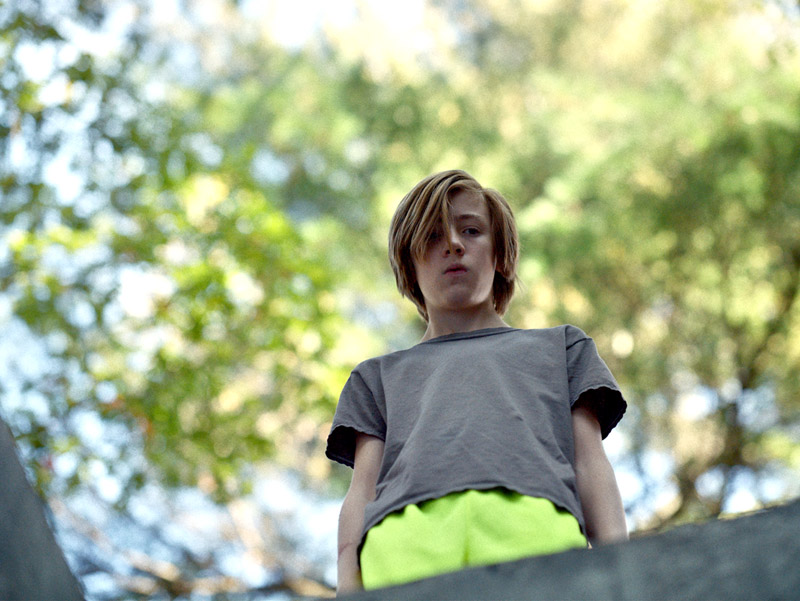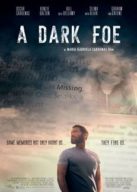 Hailing from Caracas, Venezuela, director/producer/writer Maria Gabriela Cardenas knew she wanted to direct films when she was 14. She earned a Bachelor’s degree in filmmaking and a Master’s degree in producing. Since then, she has done a variety of music videos and short films, including the award-winning, The Grand Guignol. She spent two years preparing for her directorial debut for her film A Dark Foe, a psychological thriller she also co-wrote and co-produced. The film explores the life of Tony, a guilt-ridden FBI agent struggling with the painful memory of his sister’s abduction. Suffering from nyctophobia–an irrational fear of the dark–Tony must face-off with the cunning serial killer who abducted his sister.
Hailing from Caracas, Venezuela, director/producer/writer Maria Gabriela Cardenas knew she wanted to direct films when she was 14. She earned a Bachelor’s degree in filmmaking and a Master’s degree in producing. Since then, she has done a variety of music videos and short films, including the award-winning, The Grand Guignol. She spent two years preparing for her directorial debut for her film A Dark Foe, a psychological thriller she also co-wrote and co-produced. The film explores the life of Tony, a guilt-ridden FBI agent struggling with the painful memory of his sister’s abduction. Suffering from nyctophobia–an irrational fear of the dark–Tony must face-off with the cunning serial killer who abducted his sister.
In this one-on-one interview, Cardenas reveals her passion for filmmaking and the challenges she faced in bringing A Dark Foe to life.
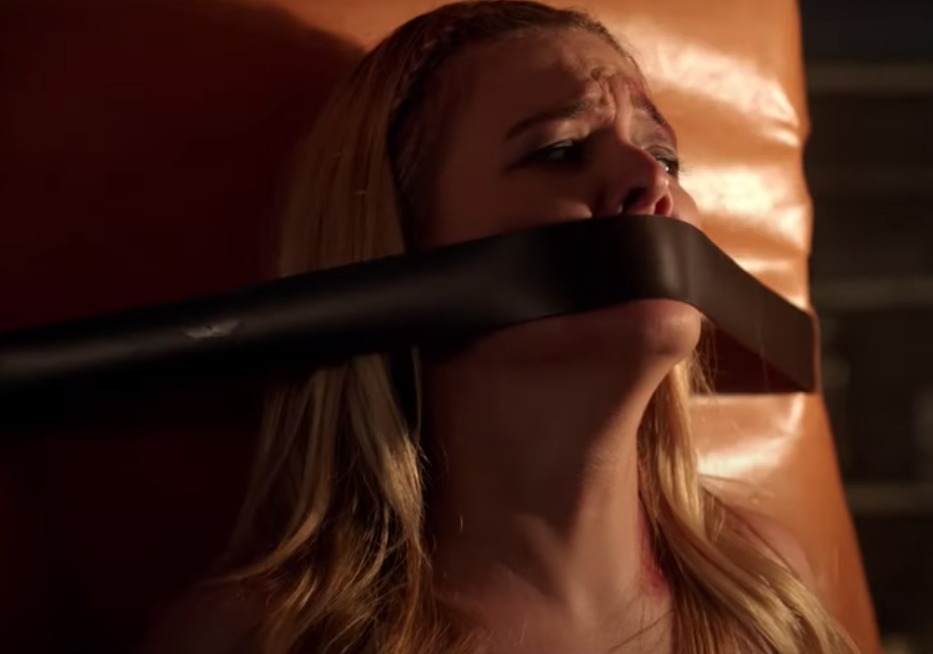
What drove you to co-write and direct this heart-wrenching psychological thriller?
Maria Gabriela Cardenas: I’ve always been a fan of thriller/horror movies and noir films. I really wanted to explore that world.
Can you go into the genesis of the story? Were there aspects of the film that affected you personally?
Cardenas: I feel like everyone is sort of afraid of the dark. You see something and you go, what was that? Plus, there are so many horrible things that happen to people in real life. So we just wanted to bring light to that. I came up with the idea after talking to my father and doing a lot of research. We wanted to address a topic that audiences may not have seen before—nyctophobia. We wanted to portray that fear in a terrifying way.
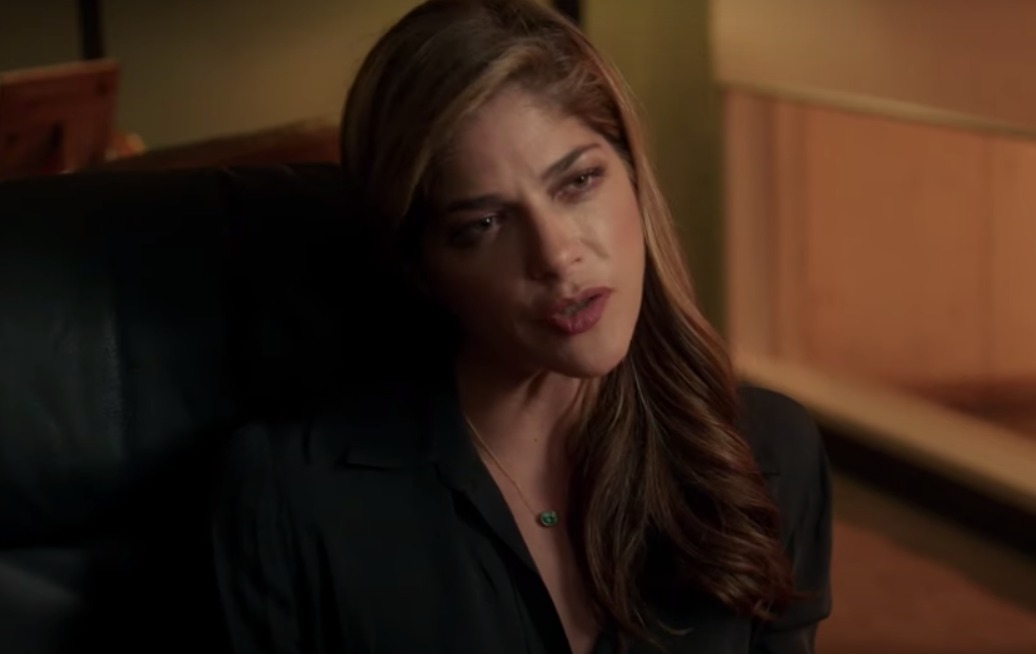
The film has a David Lynch feel–lots of visual metaphors and symbolism. Can you go into that?
Cardenas: I admire David Lynch. For the visual aesthetics of the film, I wanted to create three different worlds. There was Tony’s world, which is cool tones and yellows; then, the evil world of The Cradle, where I explored noir colors like red; and finally for the other aspects, I used gritty earth tones.
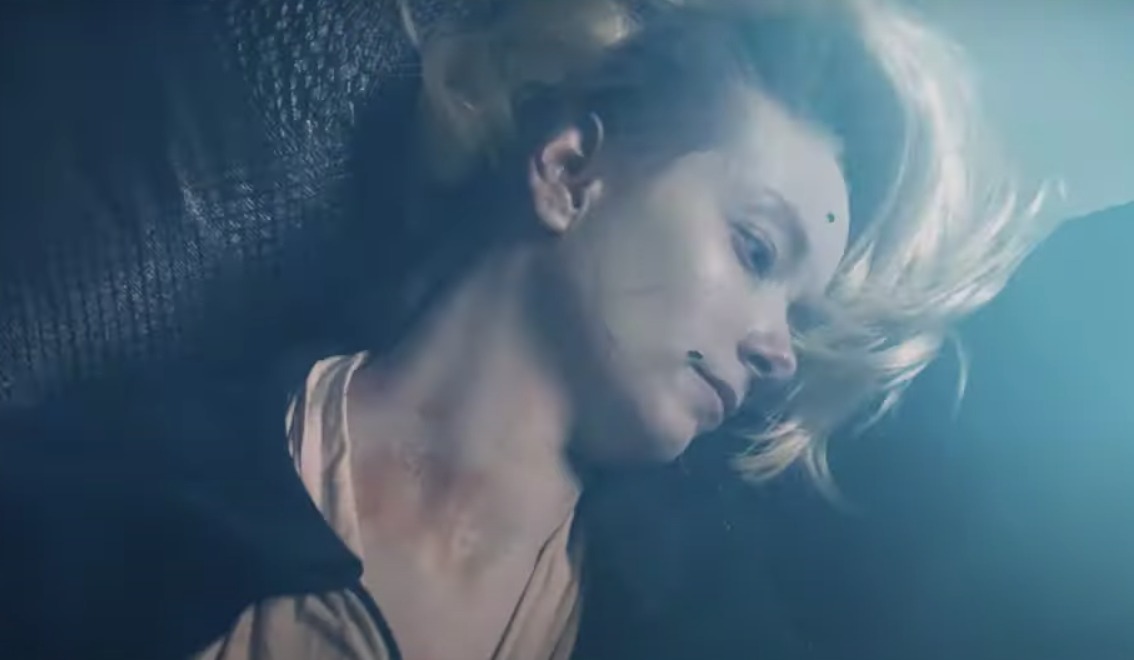
The godless drug den of iniquity was particularly gut-wrenching. The feeling of hopelessness was palpable.
Cardenas: Tony has carried the guilt of not being able to save his abducted sister and prevent the murder of his mother throughout his life. So he was obsessed in seeking revenge and justice. They took everything away from him at a very young age. We wanted to bring out Tony’s feelings through the use of various colors.
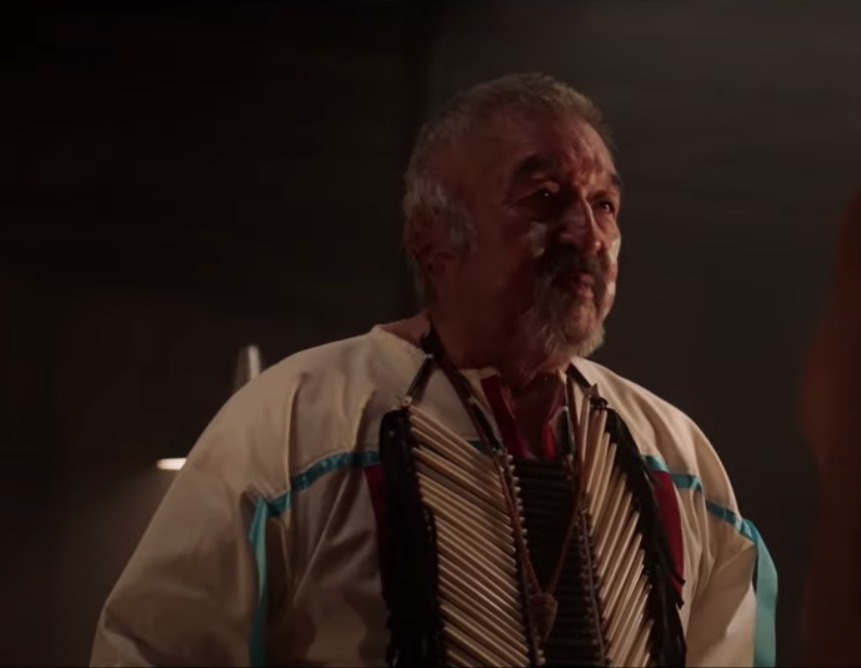
Dovetailing The Cradle’s Native Indian lore with bizarre treatments for his horribly disfigured daughter widened the story. What were you going for there?
Cardenas: We wanted to give The Cradle a reason for doing what he’s doing without making him too sympathetic. So we went into how chemicals destroyed his land and his daughter.
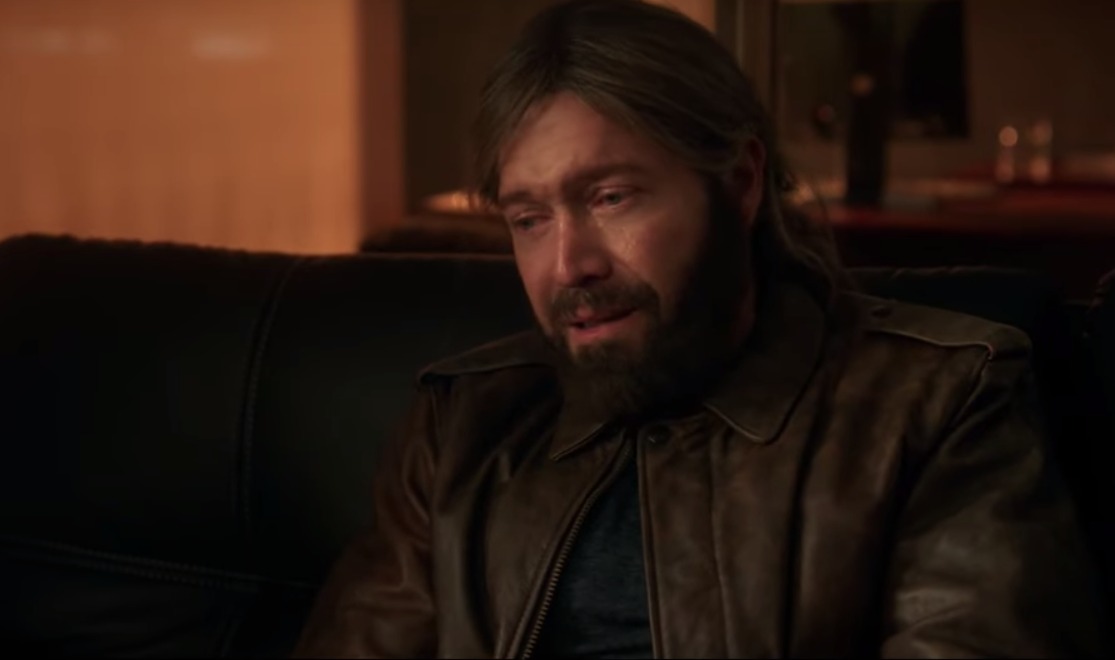
What were you going for with the Tony-Rebecca relationship?
Cardenas: He meets Rebecca, who has a very troubled past, and develops this relationship. It provides a support system for him to get through his issues—to see the light at the end of the tunnel.
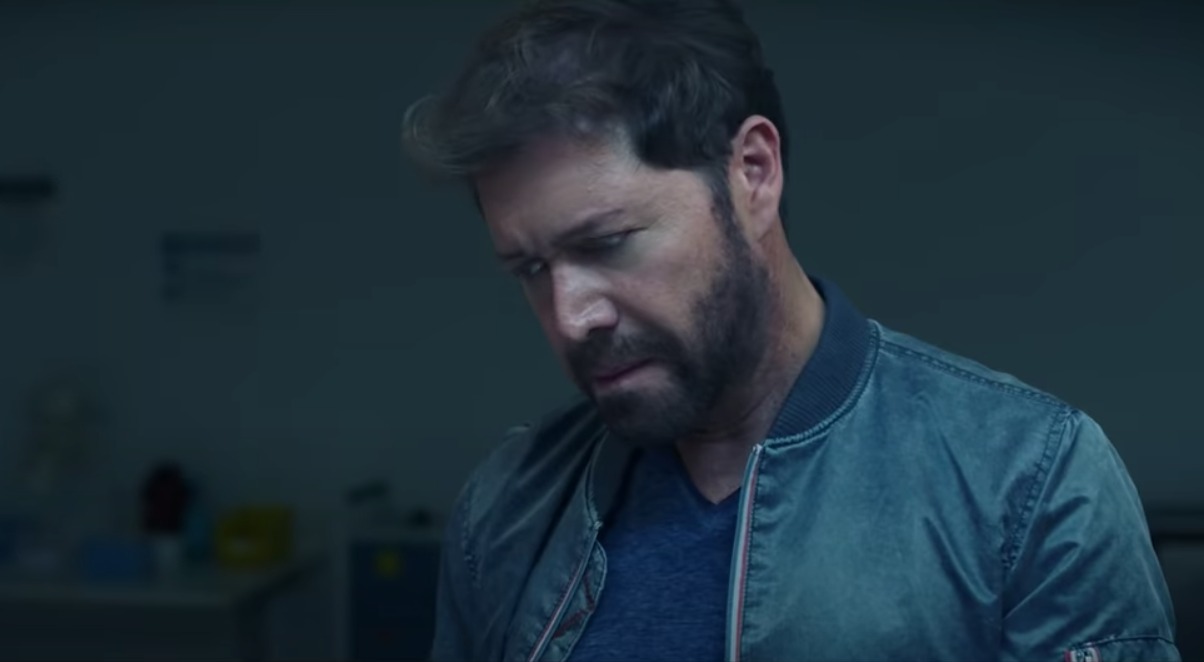
You gave Tony considerable emotional baggage. Can you go into his character arc?
Cardenas: At the start of the film, Tony is this troubled character with almost no hope of finding his sister. He’s obsessed with trying to figure things out. When he encounters The Cradle, he experiences nyctophobia, which he tries to works through in finding his sister. In so doing, he enters this underworld of sex trafficking and prostitution. He continues but still struggles with his phobia. Working through that and the men he encounters, he gains his strength to fight and overpower the forces against him. We wanted him to kind of go through hell.
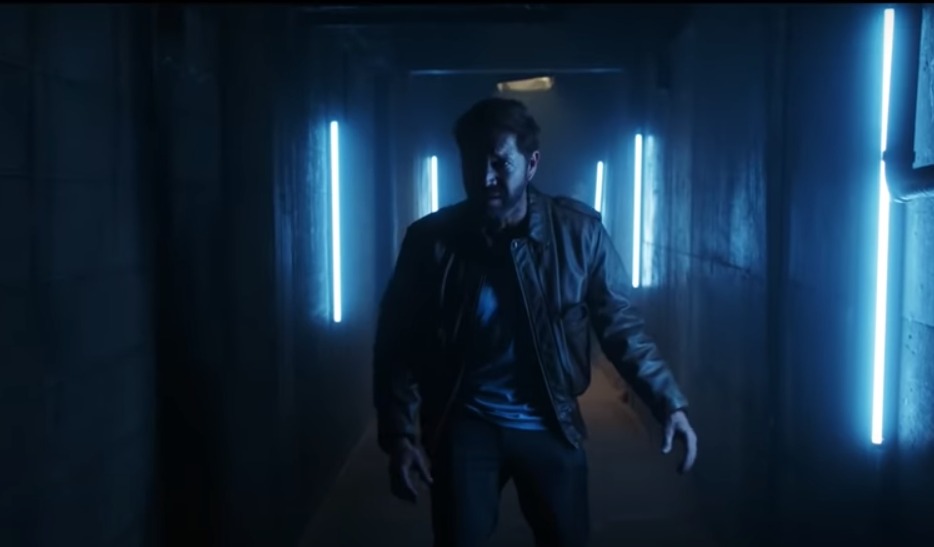
Can you describe a challenging scene and how you dealt with it?
Cardenas: Shooting in young Tony’s home and in his apartment posed a challenge. There was no attic. So coordinating everything, like camera angles and lighting was challenging. And there was a scene where Tony encounters his phobia. We had a lot of people on set. And getting all the shots on time wasn’t easy.
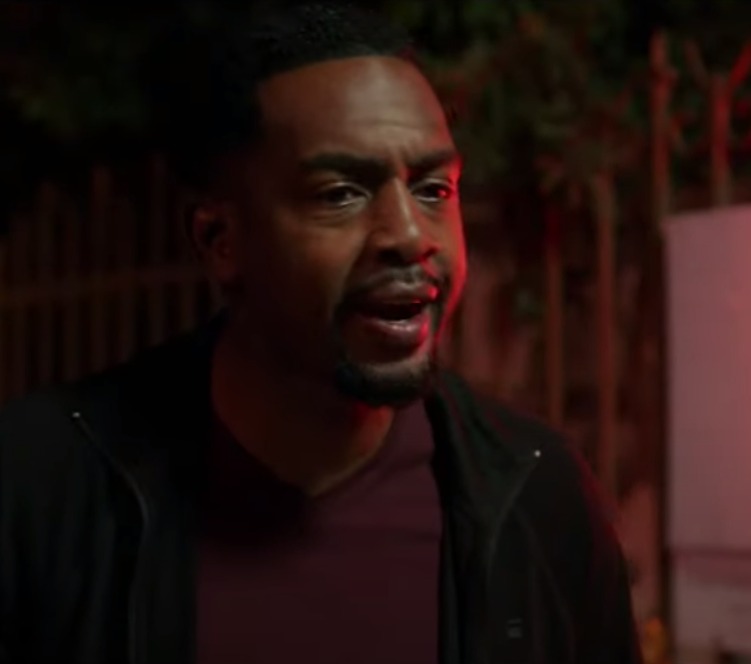
You’ve now written, directed, and produced. What have you learned about this industry that surprised you?
Cardenas: If you encounter any issues, don’t wait to solve the problem. And don’t let anyone get you down. Keep believing in yourself and your project. Fight for what you love. If you have an idea, don’t let anyone get in your way.
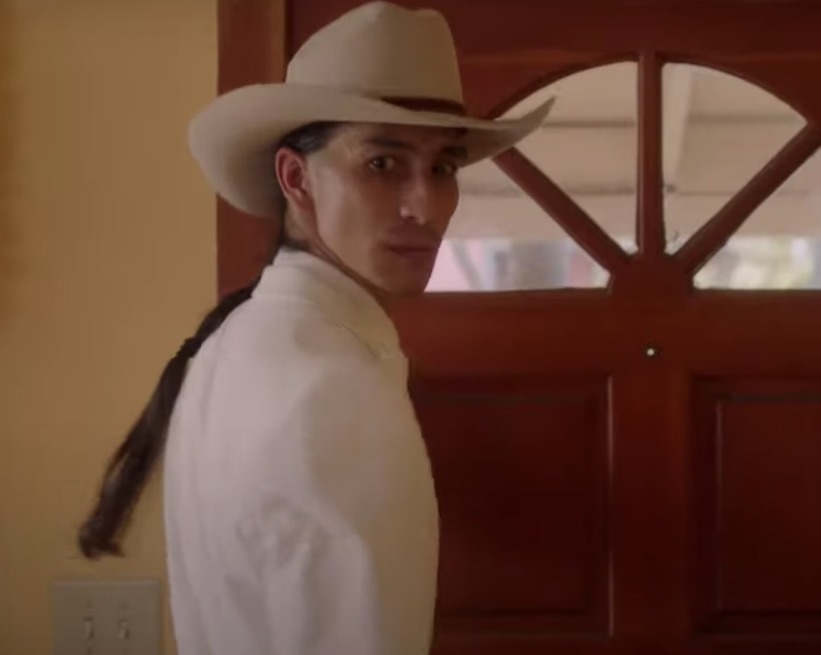
What advice would you give a young filmmaker just starting out?
Cardenas: The only person standing in your way is you. Believe in yourself, hustle hard, and do everything you can to film the story you want to tell.
A Dark Foe is available everywhere On-Demand. Cardenas has two other films in development: The Man With the Lion Face and The Bus.
Alex A. Kecskes is a published author of "Healer a Novel" and "The Search for Dr. Noble"—both now available on Amazon. He has written hundreds of film reviews and celebrity interviews for a wide variety of online and print outlets. He has covered red carpet premieres and Comic-Con events for major films and independent releases.






